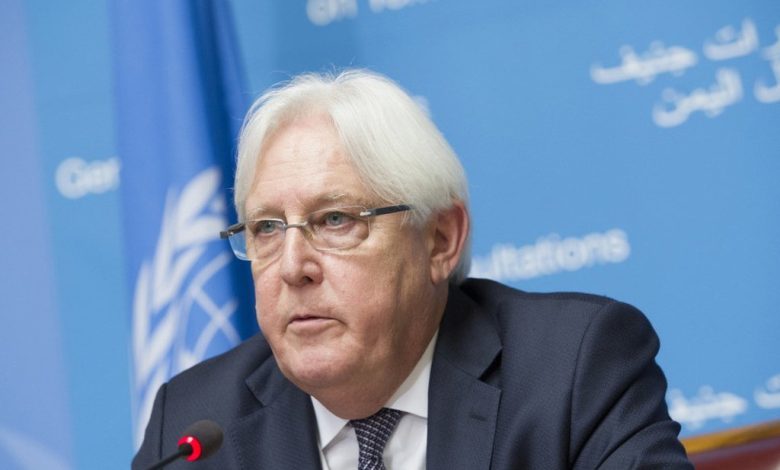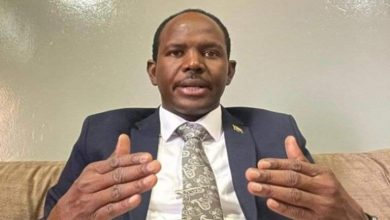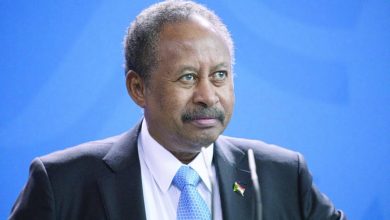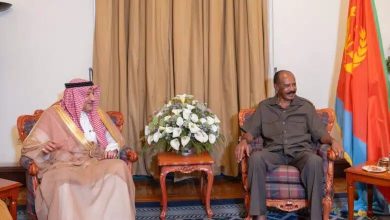UN Aid Chief Succession in Focus amid Exploding Humanitarian Crises

UN Secretary-General Antonio Guterres has yet to name a permanent replacement for the global body’s aid chief who departs for health reasons on Friday, drawing criticism at a time of record global needs.
Martin Griffiths, a British former diplomat who helped broker the Black Sea Grains deal between Ukraine and Russia and led a chorus of concern over the Gaza war, has said the plan is to appoint his deputy Joyce Msuya from Tanzania as acting chief,.
However, some observers say not having named a permanent successor sends the wrong signal at a time when some donors are retrenching, with this year’s $48.7 budget less than 20% funded.
“Someone acting temporarily is not a good thing,” Jan Egeland, who held the post from 2003-2006 and is now secretary-general of the Norwegian Refugee Council, told Reuters.
“They don’t have the same authority, perspective, the same weight at a time of deep crisis in humanitarian work – we haven’t had so many people hungry, attacked, abused with so little hope before in living memory.”
Other diplomats also voiced disappointment that there would be a delay in appointing a permanent replacement for Griffiths as Under-Secretary-General for Humanitarian Affairs and Emergency Relief Coordinator.
A UN spokesperson did not immediately respond to a request for comment.
Under the unwritten rules of a UN system, the five countries holding permanent seats on the Security Council divide up key the roles. Britain gets aid; France gets peacekeeping; the United States gets political affairs; China gets economic affairs; and Russia gets a key UN post in Europe.
The past five aid chiefs after Egeland have all been British and traditionally, countries’ nominations are not challenged by the other four permanent members, nor by other UN members.



